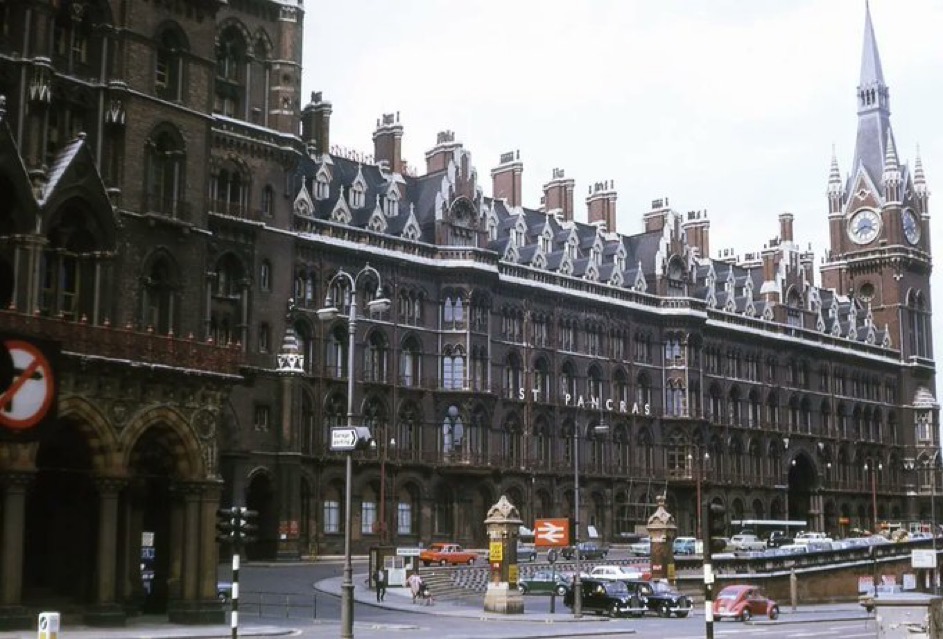London sees highest growth in Grade Listed demolition

London home to highest growth in number of Grade Listed buildings being demolished
Research by Alliance Fund, the end to end real estate fund, shows that the increasing cost of purchasing and improving a property in the wake of 11 consecutive interest rate hikes has led to a decline in the renovation and development of Grade Listed buildings. But some regions are bucking this trend.
A listed building is a property that is protected due to its architectural or historical significance. Although protected by law, they can be altered, modernised, or extended if explicit consent is granted.
The analysis by Alliance looks at the number of consents applied for-for both altering/extending and demolishing Grade Listed buildings and how this has changed over time.
The figures show that in 2022, 26,203 consents were granted to alter Grade Listed buildings. This marks a -1.9% annual drop and a -11.4% decline compared to five years ago.
The biggest annual decline in altering consents has been seen in the East of England where it’s dropped by -9% in the past 12 months, followed by the East Midlands (-4.5%), South East (-2.3%), and London (-1.4%).
However, appetites for altering Grade Listed developments aren’t down across the board. In the North East, they’re up 8.2% on the year, while the West Midlands (3.5%), Yorkshire & Humber (3.4%), and the North West (2.9%) have all seen a rise in numbers.
In terms of regional share, the highest percentage of England’s Grade Listed altering consents have been granted in the South East (19.8%), followed by the South West (19.6%), and London (15%).
England’s Grade Listed buildings form an essential part of the nation’s historical fabric. Despite this, not only can consent be granted to alter them, but also to demolish them either entirely or partially.
The good news is that the number of Grade Listed demolition consents granted in England in 2022 sat at just 278 following an annual drop of -8.6%.
In some regions, however, demolition consents saw an annual increase in 2022, the most dramatic of which was seen in London where the total grew by 15.4%. The East Midlands (11.1%) and Yorkshire & Humber (4.3%) also saw an increase.
The largest proportion of England’s demolition consents, however, have been granted in the East of England (19.1%), followed by the South East (18%), and South West (12.9%).
CEO of Alliance Fund, Iain Crawford, commented:
“Grade Listed buildings form an extremely important part of the property market and their historical significance and architecture also hold great appeal amongst the nation’s homebuyers.
However, their development does come at a considerably higher cost compared to the average home with the need for specific materials, skills and paperwork driving up the budget required to bring a project to market..
So it comes as little surprise in the current climate that the number of consents to alter or extend Grade Listed buildings has fallen, as developers instead look to the more cost effective and straightforward option of new-build development.”




